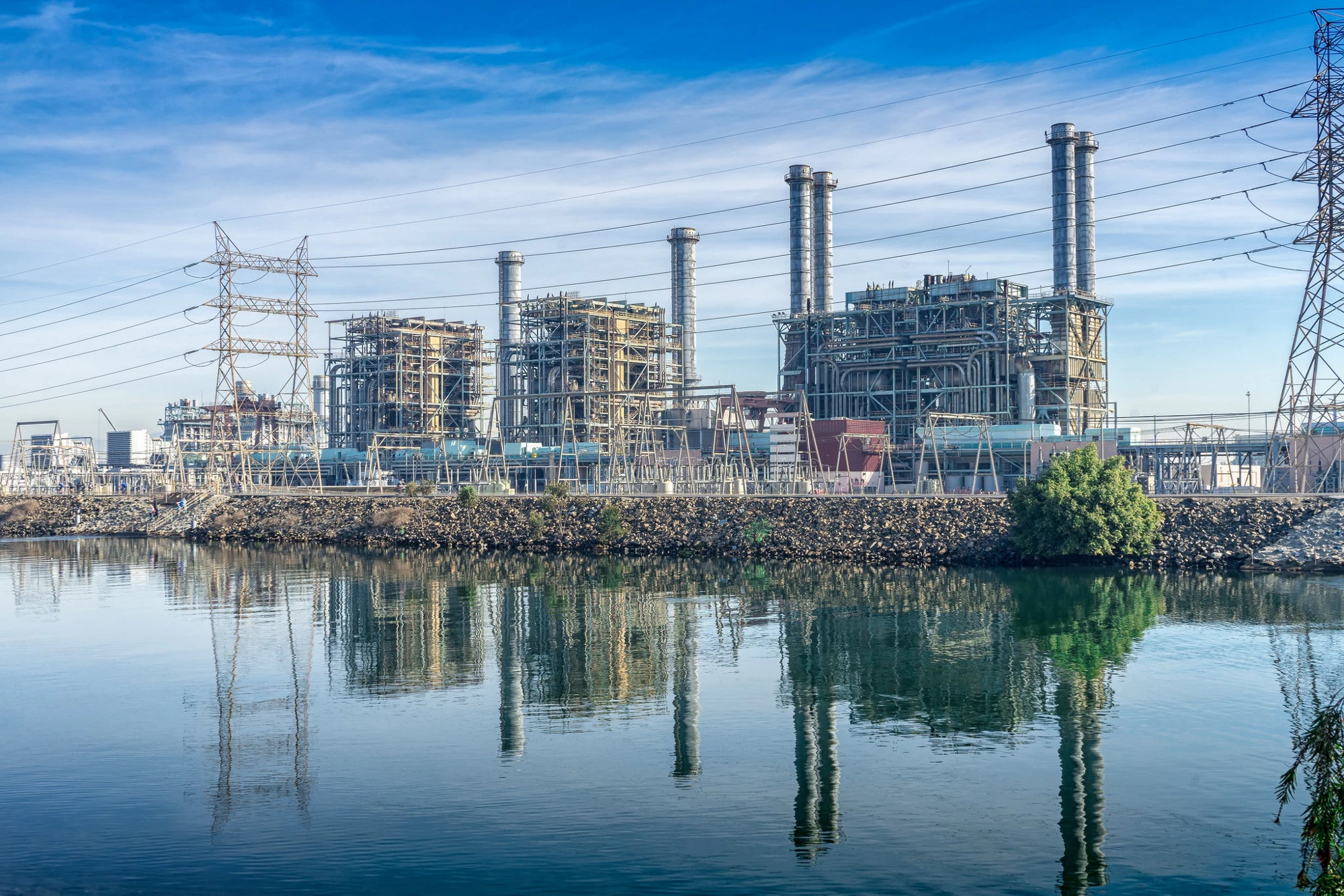Photo: Debbie Hildreth Pisarcik | Flickr Creative Commons
Several years ago, after almost two decades at various investment banks, I joined the World Bank’s Financial Solutions team. I had always thought of the World Bank as the leading concessional lender to governments, the financial muscle behind large infrastructure projects, and the coveted supranational client of investment banks. I have since discovered the power of World Bank guarantees and how they can help borrowers maximize their World Bank country envelopes. Since joining, I have helped various clients raise over $2 billion in commercial finance. And all this with a fraction of World Bank exposure.
A recent example of such financing was for Pakistan. In June 2017, Pakistan successfully raised $700 million in international loan markets with the support of a World Bank guarantee. The guarantee was granted in the context of a Development Policy Financing (DPF) operation undertaken by the Ministry of Finance, supporting a program of reforms under two broad pillars: improved business environment, and enhanced fiscal management.
Not only could the guarantee help the government of Pakistan leverage limited concessional resources, but because of its flexibility could help access different markets, such as bond, loan or Shariah-compliant financing, depending on which market yielded the optimal result for Pakistan. The guarantee also signaled the Bank’s confidence in Pakistan’s economic reforms program to the market—which was particularly important after the successful completion of the International Monetary Fund (IMF) program almost a year earlier. This is a subtle benefit that people don’t usually think about.
With the support of the guarantee, the loan tenor Pakistan achieved was an unprecedented 10 years, together with significant cost savings. One of the concerns of borrowers accessing funding with guarantee support is that it takes too much time. However, the successful collaboration between Pakistan and World Bank teams meant the loan was in place only two months after market engagement with lenders--certainly a personal record for me!
Other important recent examples where guarantees were used to secure direct commercial borrowing were for Investment Project Financing (IPF) in Africa and South Asia, such as the $350 million Loan Facility for the Water and Power Development Authority (WAPDA) in Pakistan, which will partly finance the DASU hydropower plant, and the $500 million strategic refinancing for Kenya Power & Lighting Company.
DPF guarantee option versus DPF loans
The World Bank’s DPF operations are available to sovereigns and sub-nationals in support of specific policy reform programs and can be drawn in the form of two types of financing instruments: 1) a World Bank loan/credit or 2) a World Bank guarantee, called a policy-based guarantee. Combinations of loan/credit and guarantee are also possible.
Typically, borrowers have chosen to draw on the World Bank loan/credit, as these are the longest and cheapest form of financing available. However, policy-based guarantees can have significant benefits for sovereigns and sub-nationals looking to access larger volumes, as they would “crowd in” commercial financing while supporting their overall debt management objectives. I was pleasantly surprised to realize the World Bank Group’s government shareholders value the benefits of guarantees so much that they provide incentives for borrowers to utilize this type of financing.
Shareholders have agreed that the guarantees will utilize a fraction of the country envelope allocation versus a loan for all International Development Association (IDA) clients (the world’s poorest countries) and certain International Bank for Reconstruction and Development (IBRD) clients.
In FY 16, IBRD commitments for DPF loans were $13.2 billion. A good percentage of these borrowers could have recouped significant volume, cost and tenor benefits in their commercial financings by utilizing the guarantee instrument of the World Bank instead of or in combination with a World Bank loan/credit.
Accessing hard currency funding through guarantees
Sovereigns and sub-nationals have four main sources of hard currency borrowing: concessional borrowing, bilateral loans, international bond markets, and commercial bank loans.
While concessional and bilateral loans are very attractive with low cost and long tenors, there is a limit to their availability. International bond markets are very large and currently there is a huge demand for emerging market risk. However, during times of external volatility, public bond markets can close to riskier borrowers for extended periods of time. Sovereigns have started accessing the commercial bank lenders. However, tenors are limited and pricing is not cheap due to the illiquid nature of the loans and the funding costs of the lending banks
Guarantees can be used to access public bonds, private placements or commercial bank loans depending on the needs, characteristics and existing market access of the borrower. Zero-risk weighting attributed to World Bank guarantees under Basel 3 is also an advantage that leads to reduced cost and greater risk appetite among lenders. And just as importantly, the World Bank can bring along its network of financial institutions and experienced bankers within its Financial Solutions unit who can work at record speeds to find the correct market segment and help structure the proposal process and the financing to secure the optimal outcome for these borrowers.
I look forward to working with more sovereign and sub-national clients and World Bank teams to support access to this growing source of commercial financing. If you are interested in learning more about these products, visit the World Bank’s Guarantees Program webpage.
This is the second in a series of posts about the World Bank’s Guarantee Program.



Join the Conversation